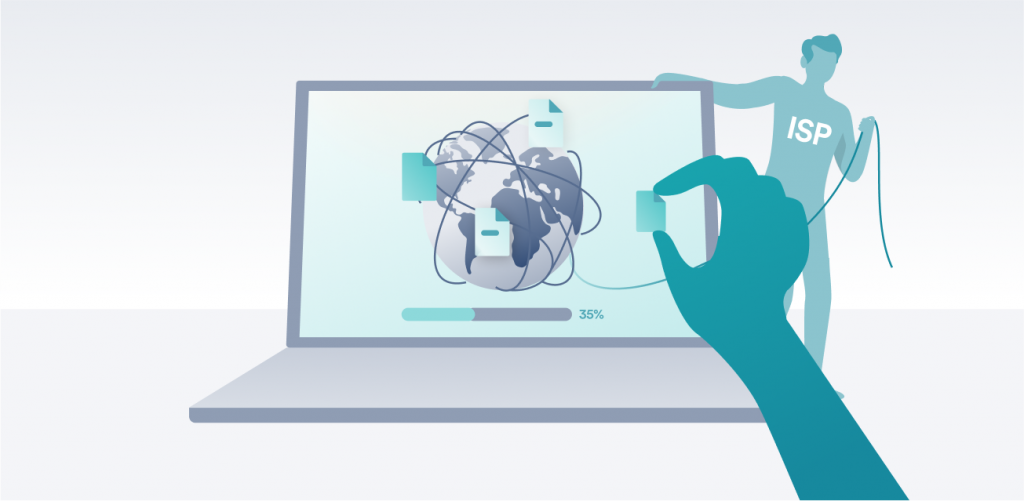Pay Per Install Networks: How They Affect User Acquisition
페이지 정보

본문
The world of digital information is vast and ever-expanding. It's a dynamic environment where information flows from one point to another, enabling seamless operations and connectivity. Every day, a myriad of digital entities exchange data, creating a complex web of interactions. This constant exchange is crucial for both personal and professional activities, forming the backbone of modern communication and commerce. Yet, the sheer volume and speed of this exchange pose significant challenges. Managing these streams effectively requires robust systems and innovative solutions.
Imagine a bustling highway where countless vehicles move in different directions. Just as in a real-world scenario, ensuring smooth movement without congestion is vital. Efficient routing, prioritization, and security measures are essential to maintain order. In this digital realm, various protocols and technologies work behind the scenes to ensure that information reaches its intended destination swiftly and safely. The complexity of these processes is often hidden from the average user, yet they are fundamental to our digital interactions.
Understanding the nuances of how data traverses these virtual pathways can be enlightening. It's not just about speed but also about reliability and security. As more devices connect to the internet, the volume of exchanged data continues to grow exponentially. This growth necessitates advanced strategies to handle the increased load while maintaining performance. These strategies involve a combination of hardware, software, and specialized techniques designed to optimize the movement of information.
In the following sections, we will delve deeper into the mechanisms and technologies that facilitate this continuous exchange. From innovative solutions that enhance efficiency to security protocols that protect sensitive information, we will explore the various facets of this intricate system. Whether you're a tech enthusiast or simply curious about how your data gets from point A to point B, this journey will provide valuable insights. Stay tuned as we unravel the complexities and reveal the fascinating world of digital data movement.
Understanding File Traffic Patterns
Grasping the flow of data transfers can be quite revealing. How information moves through networks tells a story. It's not just about quantities or speed. Patterns emerge, showing how different elements interact.
Consider a scenario where data is exchanged between users. This movement can vary greatly depending on several factors. Peaks and troughs in these patterns offer insights into usage trends and system performance. For instance, busy periods might indicate high demand for certain services.
Analyzing these patterns can help in predicting future needs. Trends observed over time allow for better planning and resource allocation. In-depth study of these dynamics reveals the ebb and flow of network interactions.
Data on exchanges between points, observed through various periods, can uncover hidden trends. By examining these behaviors, one can optimize system efficiency and improve user experience.
For those involved in the sale of installations, understanding these dynamics is crucial. Recognizing how different factors influence data movement can aid in more effective management of resources and services.
| Factor | Impact on Patterns |
|---|---|
| Time of Day | Can affect peak usage hours and overall data flow |
| User Activity | Influences the volume and frequency of transfers |
| Network Conditions | Affects speed and reliability of data exchanges |
Managing and Optimizing Data Transfers
Efficient handling of data movement is crucial for smooth operations. It involves more than just ensuring data gets from point A to point B. Proper management can drastically reduce bottlenecks and enhance overall performance. The key is to streamline processes and optimize every stage of the transfer.
Think of it as a well-oiled machine. You want all parts working in harmony. Every delay or hiccup can affect the whole system. It’s about fine-tuning and constant adjustment. Regular assessments help in identifying areas for improvement and ensuring optimal performance.
Implementing robust strategies can significantly improve outcomes. For instance, employing advanced technologies and practices can manage and accelerate data handling. Monitoring systems play a vital role here. They provide insights into how data is being transferred and where potential issues may lie. For more tips on optimizing these processes, you might find sale loads useful.
Additionally, considering factors such as data volume and transfer speed is important. Balancing these elements can lead to more efficient handling. Innovations in technology often provide new methods to enhance these processes. The goal is to keep everything running smoothly with minimal disruptions.

- 이전글анальный секс зрелых 24.07.23
- 다음글Прикоьные сова бгодарности за поддержку в хорошем качестве 24.07.23
댓글목록
등록된 댓글이 없습니다.

